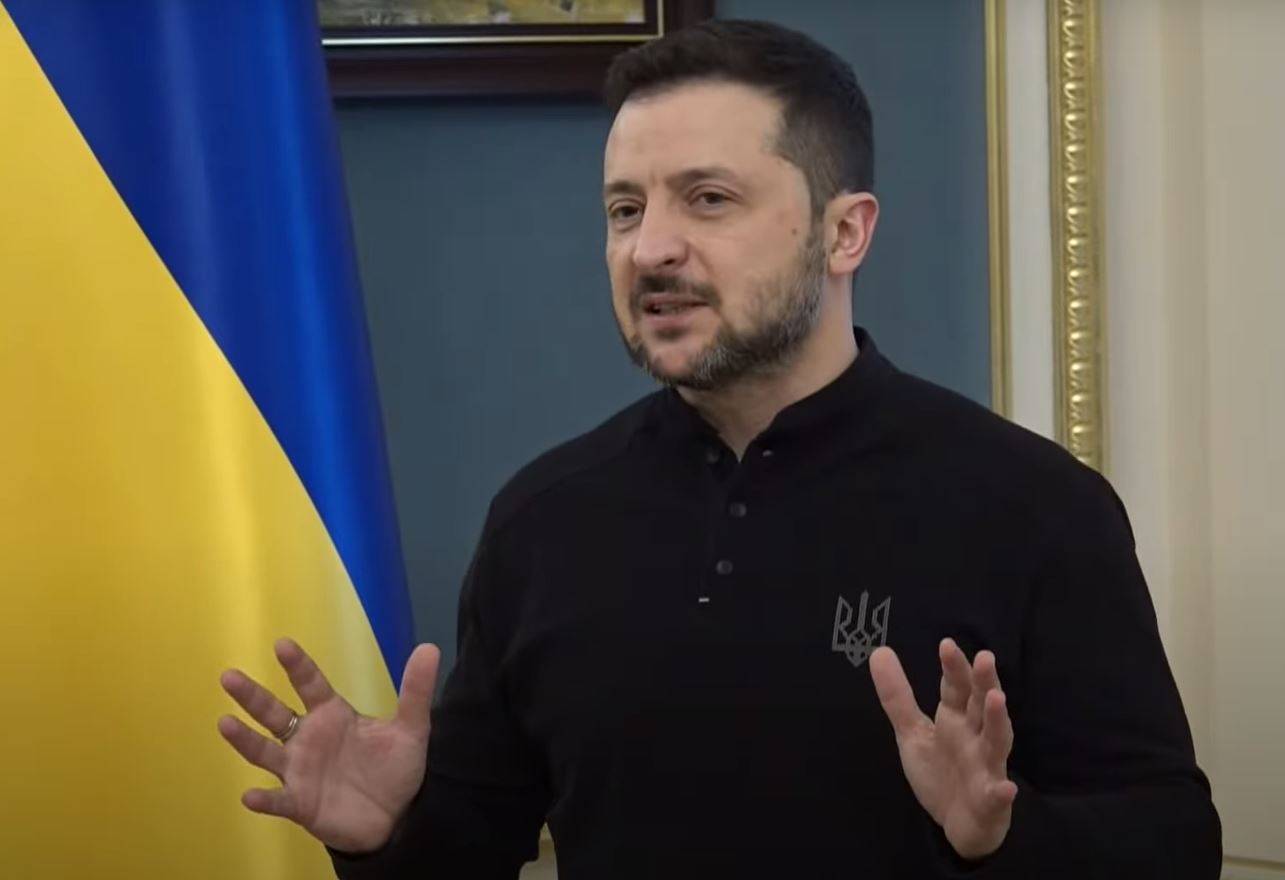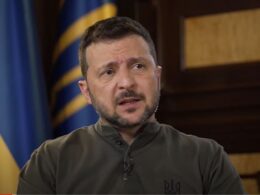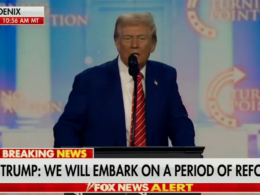Ukrainian President Volodymyr Zelenskyy said Ukraine would respond in kind to Russia’s actions during a surprise Easter ceasefire announced by President Vladimir Putin.
"Silence in response to silence, strikes in defense against strikes," Zelenskyy wrote on Telegram.
He also proposed extending the truce beyond Easter Sunday if hostilities genuinely pause: “Thirty hours are enough for headlines, but not for real confidence-building”.
Earlier, Vladimir Putin declared a unilateral 30-hour ceasefire from 18:00 on 19 April to 00:00 on 21 April. “All combat actions will be suspended,” the Kremlin announced, adding that Russia expects reciprocal steps from Kyiv. Putin also welcomed US efforts toward a peaceful resolution.
Roughly an hour before the ceasefire was due to begin, air raid sirens sounded in Kyiv. Another brief alert followed about four hours after the truce began. No Russian strikes were reported.
Ukrainian troops were ordered to hold fire shortly after the announcement. A senior Ukrainian officer told the BBC that the ceasefire “caught everyone by surprise” and that confusion remains over how it will be implemented. Troops were instructed to document violations and respond only if necessary.
Western leaders demand proof of Russian intentions
European leaders responded with caution.
"Russia has a track record as an aggressor, so first we need to see any actual halt of the aggression and clear deeds for a lasting ceasefire," said Anitta Hipper, the European Commission's lead spokesperson for foreign affairs and security. "Russia could stop this war at any moment if it really wanted to."
The UK also urged a more meaningful commitment.
“Ukraine has committed to a full ceasefire. We urge Russia to do the same,” Britain’s Foreign Office said. “This is the moment for Putin to show he is serious about peace and end his brutal invasion.”
Meanwhile, US President Donald Trump warned on 18 April that he would abandon peace efforts “within days” if no visible progress is made.
Trump has pledged to end the war swiftly, shifting US policy away from staunch support for Kyiv and toward accepting parts of Moscow’s narrative.
Last month, after Ukraine accepted Trump’s proposal for a 30-day truce and Moscow rejected it, both sides agreed only to limited pauses in attacks on energy infrastructure and maritime targets—each accusing the other of breaking the arrangement.





